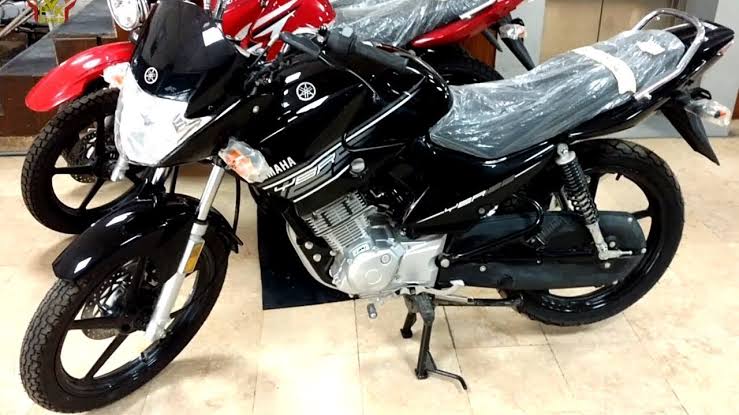Given the recent devaluation of the rupee and increased production costs, Yamaha Motor Pakistan has increased the prices of its motorcycles from between 5,000 and 6,000 rupees.
Yamaha increased the price of the YBR125G model by Rs 6,000 to Rs 178,000. The motorcycle manufacturer increased the price of YBR125 and YBR125Z by Rs 5,000 each, raising the total cost to Rs 169,000 and Rs 151,000.
“This time, it seems that the biggest factor in the price increase is the depreciation of the rupee against the US dollar,” said Sabir Sheikh, president of the Association of Pakistan Motorcycle Assemblers. “In less than a month, the rupee declined from 154 to 168 rupees against the dollar.”
He added that about 50% of all bicycle parts from all Yamaha models were imported, with some models containing more than 50% foreign parts. Therefore, the price increase is inevitable, he said. The rupee’s devaluation has always been a huge blow to bike prices, he said.
On the other hand, bicycle production has fallen significantly due to national enforcement of Standard Working Instructions (SOP), which is also a reason for the price increase.
As a Japanese company operating in Pakistan, Yamaha strictly followed the SOPs and only had 25% of its employees working on any given day, he emphasized.
This, in turn, leads to a decline in the company’s production, and the reduced production leads to an increase in production costs,” he said.
Read Also: Automobiles sector seeks taxes reduction in budget 20-21
In addition to the drop in production, sales of motorcycles on the market are also declining, he emphasized.
The rupee’s depreciation combined with higher production costs forced bicycle manufacturers to raise prices, he said.
In the current scenario, even Chinese motorcycle manufacturers known for marketing cheap two-wheelers are raising prices.
NJ Auto Industries raised the price for 10 of its variants by 2,000 rupees. The cost of a low-end 70 cm3 model was increased by 1,000 rupees.
The motorbike segment in the Pakistani car sector is experiencing uncertain times. Total sales decreased by 75% in May 2020 compared to the previous year. It fell victim to the health crisis of Covid-19.
Although the government has watered down the ban, economic activity across the country is still slow due to the pandemic.


